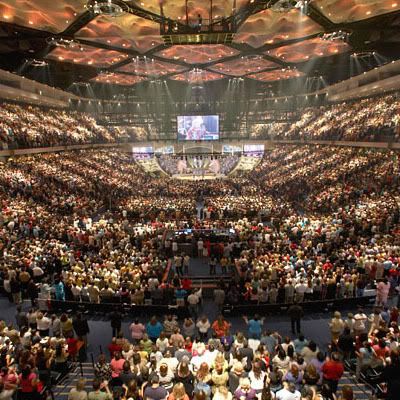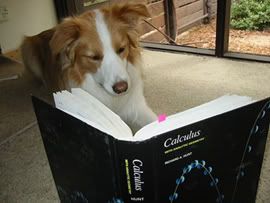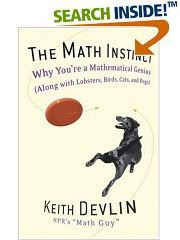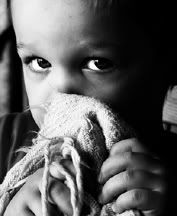What is our Reality?

I play games like Grand Theft Auto, and wonder; who might be playing me? Could "god" just be some 16yr old nerd programmer running a really complex version of Civilization in which we are just peons? What if some people are programmed & some are real? (It's not that hard to imagine) The 13th Floor was another good movie that played on this theme.
I roll these ideas around my head, but I don't actually believe any of them is true.
I don't believe I live in my own head because I learn new things every day, and because people exist and act in ways outside of my realm of comprehension. If I created my own world, I'd have made things better for myself. But I still can't shake that slight fear that maybe I just don't know any better to say differently.
I don't believe the world I live in is inside of a computer either. Just because the universe we experience is perfectly formed for human life does not mean it was specifically created as such. If that were true, who created the universe in which our creator lives in? Did someone create that universe as well? Where does it end? I can only imagine a universe that is constructed from the bottom up, not the top down. We experience the universal constants as they are because it is the only universe capable of maintaining our lives; not because it is the only universe.
If it did turn out the universe as I know it isn't what it seems to be, I doubt I will ever get to know. And so it really doesn't matter to me what the nature of the universe is; only how I act in it, because that is all I can control.







